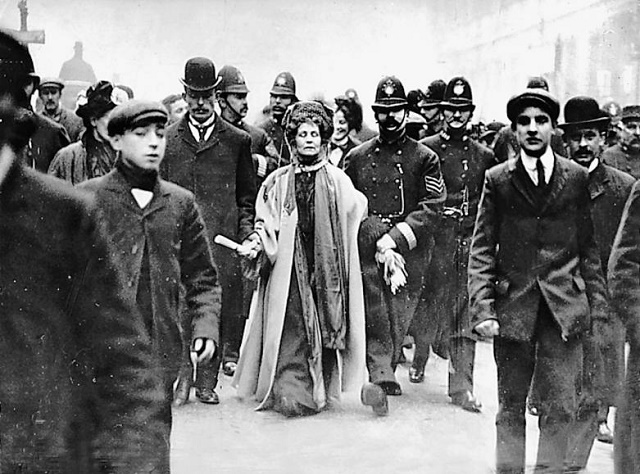Many were not too keen on the idea of war resisters while the First World War was in full flux. Even those who believed that WWI was futile, even senseless, were bound by their nationalistic pride to back the soldiers who fought steadfastly to defend their allies. There were some, however, who actively spoke against the conflict. Although they received ridicule and became the subject of mass hatred, many war resisters stuck to their pacifistic guns and continued to make their voices heard.
After much anticipation, the centenary of the Great War has finally reached its official start date, and many are honoring all those involved. As people gather in commemoration ceremonies to honor soldiers and world leaders, some also remember the great many who were vocal in their lack of support for the fighting. These war resisters were not necessarily unpatriotic, nor did they wish ill toward the soldiers who were representing their nation while deep in the trenches. In fact, it was quite the opposite. The grand majority of them believed in their country and loved their fellow man, and wanted to put an end to the bloodbath that was WWI.
Numerous men and women of various professions comprised this bunch. There were journalists, who refused to follow wartime restrictions and fought the war with pens and typewriters. Other war resisters included social workers, political leaders, and other radicals from across the globe. In England, Germany, France, and everywhere in between, there were many who felt that nothing good could come of a violent worldwide conflict, The Guardian reports.
Many conscientious objectors were ripped of their freedom for their stark attitudes against WWI. In some ways, governments like that of Britain attempted to compromise. Many of the war resisters who denied the call of duty were given the option of performing labor to aid the effort in other ways. Even so, those who were against the conflict did not feel that contributing to the manufacture of armaments was a suitable compromise. For this, many of them were put behind bars.
It is telling of the strength of the beliefs held by many war resisters that they were willing to suffer in prison rather than lend any hand whatsoever to the conflict. Many soldiers are honored today for their heroic deaths, but much less tribute is paid to those who did all they could to convince those in power that these deaths did not need to occur. For that reason, many who look back on WWI as an unnecessary tragedy fell the need to honor not only the soldiers who fought for their flag, but also the war resisters who wept for them as they marched off to the sound of drums.
